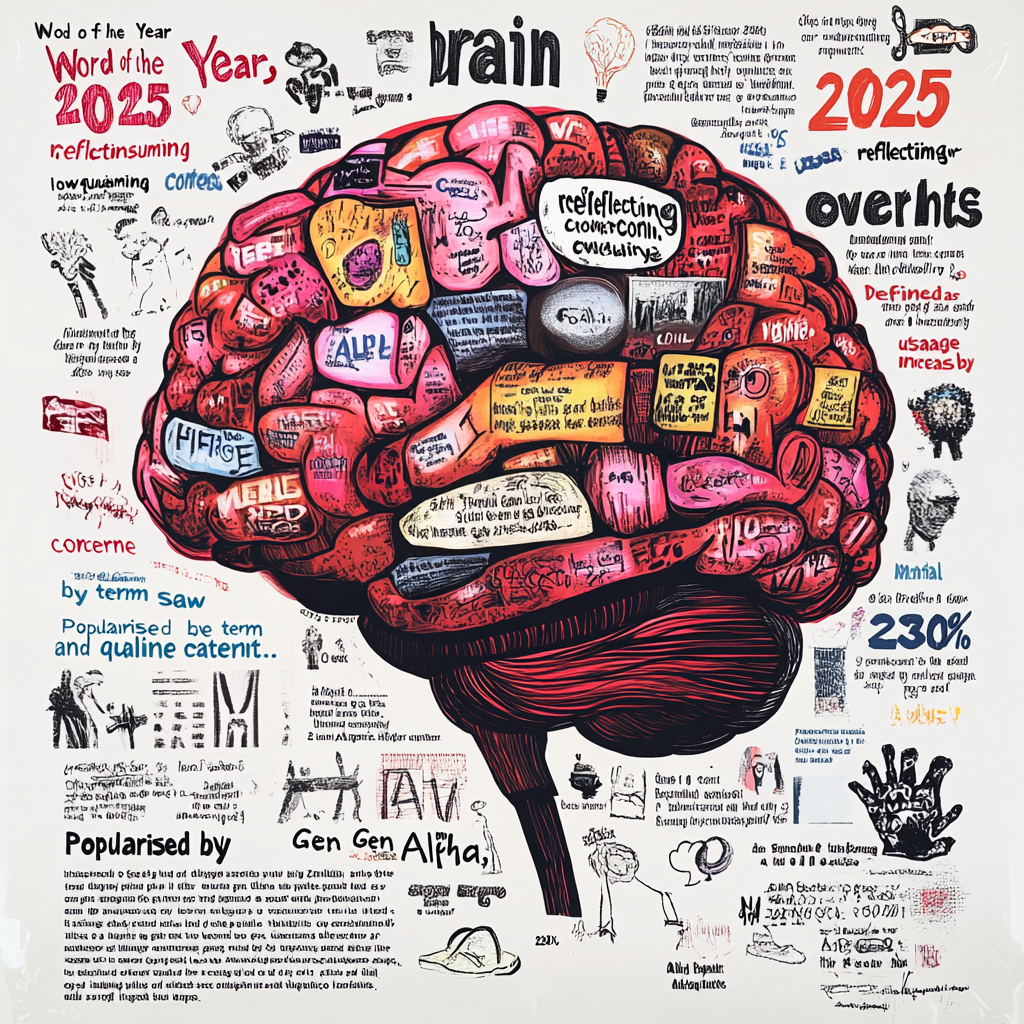
I want to talk about my wife for a moment. This is relevant to AI, trust me.
In most marriages, there is a division of labor. For example, my wife does the taxes for our family. I used to do the taxes, but once we were married, this was something she wanted to do, so I happily off-loaded that duty.
Today, if I had to do my own taxes, I would be lost. I couldn’t log-in to the software. I don’t know where she keeps our files. I’ve lost my skills in this area, but I’m OK with that, at least as long as she’s around!
Today, we offload much more than our tax skills to a partner or spouse. As we immerse ourselves into a world of nearly free, abundant super intelligent AI, we can offload our need for memory, critical thinking, and formal education. This isn’t a weird, science fiction scenario. It’s already happening.
A recent Swiss study indicated that more frequent use of AI led to cognitive decline as users offloaded critical thinking to machines.
Younger participants (17–25) showed higher dependence on AI tools and lower critical thinking scores compared to older age groups. Advanced educational attainment correlated positively with critical thinking skills, suggesting that education mitigates some cognitive impacts of AI reliance.
Although this is an early study, it sort of makes sense. I don’t use math skills like previous generations because math is automatically baked into everything we do. What happens to our brains when abundant, perfect intelligence is available to everyone? Interesting implications for education and I think this is coming fast.
Another study from Microsoft and Carnegie Mellon University suggests that over-reliance on generative AI may erode critical thinking skills. Researchers surveyed 319 knowledge workers across 936 AI-assisted tasks and found that the more users trusted AI-generated outputs, the less cognitive effort they applied. Said differently, confidence in AI correlates with diminished analytical engagement and cognitive decline.
This is the automation paradox—offloading cognitive tasks to AI can make humans worse at them. Participants who blindly accepted AI’s suggestions reported weaker critical thinking skills, while skeptics remained more analytical.
This is one of the provocative topics on the new episode of The Marketing Companion podcast. Paul Roetzer of the Artificial Intelligence Show and I cover AI + cognitive decline, as well as:
- The marketing (or lack of) for AI
- The hype around AI agents
- The Deep Seek outfall
It’s an incredibly fascinating show, and I hope you’ll join in by clicking here:
Click here to enjoy Marketing Companion Episode 308
Please support our sponsor, who brings you this fantastic episode.
Bravo for Brevo!
Now, any business can build automated customer experiences, email marketing workflows, and landing pages that guide your customer to your main message. We are here to support businesses successfully navigating their digital presence to strengthen their customer relationships.
Go to https://www.brevo.com/marketingcompanion to sign up for Brevo for free and use the code COMPANION to save 50% on your first three months of Brevo’s Starter & Business plan!
Illustration courtesy MidJourney